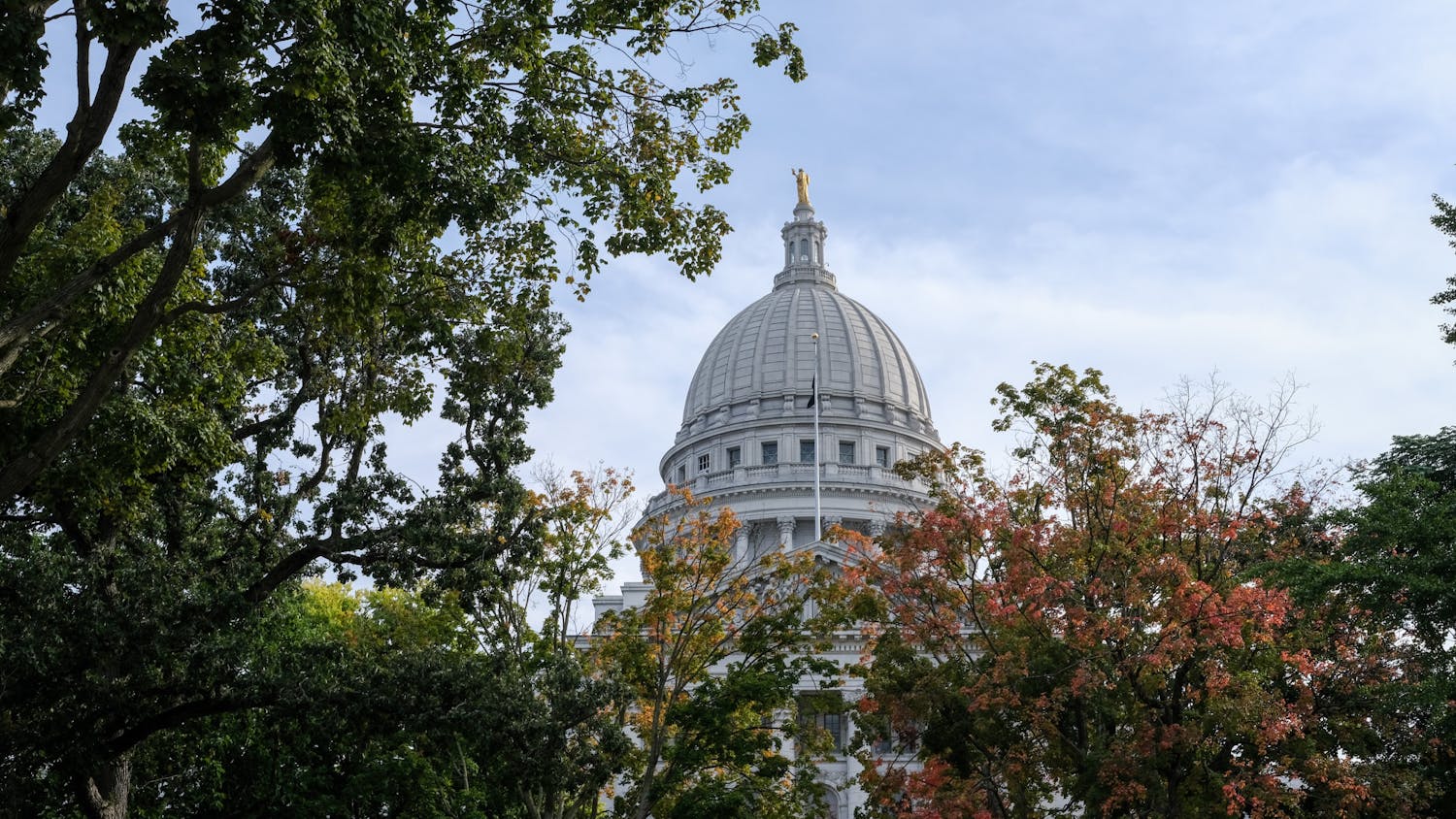As the Midwest gears up for the upcoming presidential election, some Democratic organizations in Minnesota value working with Wisconsin, while others believe the states’ political demographics are too dissimilar for effective collaboration.
Still, Minnesota Democratic-Farmer-Labor Chairman and National Association of State Democratic Chairs President Ken Martin believes in the advantage of sharing information and resources.
Minnesota’s DFL regularly participates in an open flow of information involving polling and strategizing with Wisconsin Democrats and other purple states hoping to turn blue in 2020.
“The Midwest is ground zero in this upcoming Presidential race,” Martin said. “States like Pennsylvania, Michigan, Wisconsin and Minnesota are really paramount to our opportunity to win. Given the importance of the Midwest in the cycle, all four states have been working very closely together.”
Of the four states, only Minnesota’s electoral votes went to then-candidate Donald Trump accorded by the winner-take-all system those states employ.
“A big reason we lost in ‘16 — not the only reason for sure — but one of the reasons we lost, was because we had such a high number of Democrats defecting away from our candidate in 2016,” Martin explained.
One of the ways Democrats in Wisconsin and other states are trying to avoid a repeat of the 2016 presidential election is by fostering unity. Efforts are especially focused on previous Democratic voters who elected President Trump, and people who decided to opt out of voting altogether.
Martin indicated that this constitutes sharing polling information between Minnesota and Wisconsin Democrats to gather a better understanding of political movement in the region — specifically highlighting populous urban zones.
“If we’re seeing one trend developing in Minnesota it’s likely that it’s also developing in Wisconsin,” Martin said, noting the similarities in culture, history and political demographics makes resource sharing valuable.
Expensive polling — usually around $60,000 per survey — increases its benefit when that information can be shared with surrounding states to give them insight into political trends taking place in other areas.
“If we see Donald Trump and the Republicans heavily targeting, let’s say, the Milwaukee suburbs with a certain message, it’s likely that that they’re also going to be doing the same thing here in the Twin Cities,” Martin said.
This kind of tactical information, like other parties’ campaign movements, plays a crucial role for Democrats in neighboring states when preparing for upcoming elections.
Martin confirmed collaborative communication — whether tactical or voter trends — comprises the majority of the collaboration between Democrats across state lines. He elaborated that leaders of Democrat parties in ‘battleground states’ meet frequently to communicate, but money forms limitations to resource sharing.
However, Communications Director Kenza Hadj-Moussa for the progressive political organization TakeAction Minnesota said there is little pooling of resources between Wisconsin political organizations.
Unlike Martin, Hadj-Moussa finds stark differences between the two states in terms of political landscape, discouraging efforts to work together.
“There is not really that much overlap in strategy and political landscape and even the policy fields are really different,” Hadj-Moussa said. “In health care, for instance, Minnesota’s had this Medicaid expansion for 10 years and Wisconsin has not expanded Medicaid yet.”
TakeAction Minnesota interacts with political organizations from other states like Citizen Action from Wisconsin primarily during national conferences for organizing policy rather than campaigning.
Despite the political uniqueness that separates Wisconsin from Minnesota, Martin views effective participation in sharing information between political parties as a key component in mobilizing voters and recreating the Midwest ‘blue wall.’
state news writer






